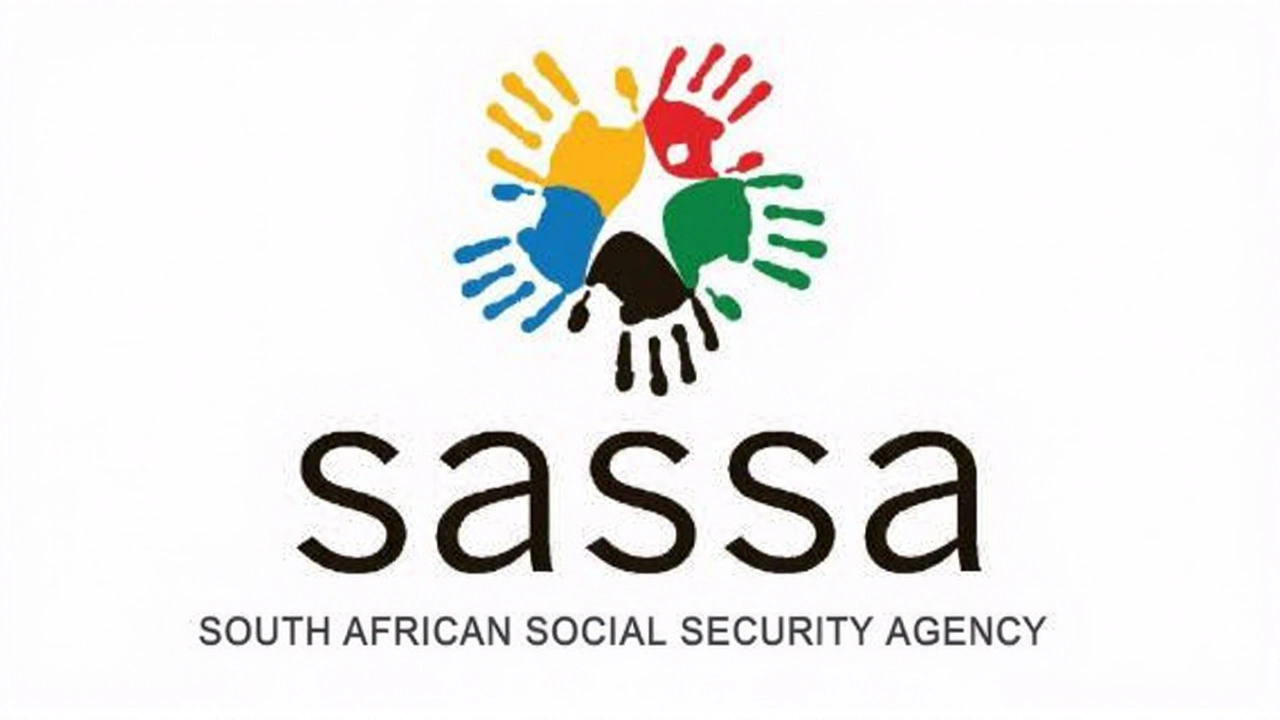Poverty – African News, Analysis & Updates
When talking about poverty, the lack of sufficient resources to meet basic human needs such as food, shelter and health care. Also known as destitution, it shapes lives across the continent and drives many of the stories you’ll see below.
Why Poverty Matters Across Africa
Economic inequality, the uneven distribution of income and wealth among groups is a core driver of poverty. When wealth concentrates in the hands of a few, the majority struggle to afford essentials, widening the gap between rich and poor. This relationship forms a clear semantic triple: Poverty encompasses economic inequality, and reducing the gap can directly lower poverty rates.
Unemployment, the condition of being without a paid job despite being able and willing to work fuels the poverty cycle. Jobs provide income, but when large segments of the workforce are idle, households lose the means to escape hardship. Here we see another triple: Unemployment influences poverty, and boosting employment opportunities is essential for poverty alleviation.
Food insecurity, the lack of reliable access to enough nutritious food is often the most visible symptom of poverty. Families without steady income cannot secure balanced meals, leading to health problems that further limit their earning potential. This creates the triple: Poverty requires food security measures, and improving nutrition reduces poverty pressures.
Social development programs—education, healthcare, affordable housing—act as the toolkit that tackles all three linked entities. When governments invest in schools, they equip children with skills that lower unemployment risk. When clinics expand, they keep people healthy enough to work. When affordable housing projects rise, they cut the cost burden that drives food insecurity. The triple here is: Poverty benefits from social development, and each sector strengthens the others.
Across Africa, you’ll notice how sports victories, tech launches, and crime stories intersect with poverty. A new smartphone like Xiaomi’s Redmi 15 5G can boost digital inclusion, giving low‑income youths a chance to learn online and find work. Conversely, escaped inmate incidents or high‑profile criminal cases often spotlight gaps in law‑enforcement funding, a symptom of broader economic strain. Even big sporting events—like Senegal’s World Cup qualifier win—can spark short‑term cash flow for local vendors, temporarily easing poverty pockets.
Policy makers and NGOs are busy testing solutions. The Petroleum and Natural Gas Senior Staff Association of Nigeria (PENGASSAN) is pushing for local hiring to curb expatriate dominance, hoping to open well‑paid jobs for Nigerians and shrink poverty. Meanwhile, university cultural carnivals, such as Ahmadu Bello University’s 2025 event, showcase community talent and can attract tourism dollars that support surrounding neighborhoods.
What you’ll find in the collection below is a mix of headlines that, at first glance, seem unrelated to poverty but actually reveal its reach. From football scores that affect local economies to tech releases that promise new income streams, each story adds a piece to the larger puzzle of how Africa confronts and mitigates poverty. Dive in to see the real‑world impact and the ongoing conversations shaping a more equitable future.

SASSA raises social grants April 2025, SRD relief stays at R370
Sep 29, 2025 / 20 Comments
SASSA raises old‑age pensions and keeps the COVID‑19 SRD grant at R370, aiming to ease poverty as unemployment drops and a coalition government pushes new social spending.
READ MORERECENT POSTS
- Putin's Smirking Endorsement of Kamala Harris Sparks Debate in US Politics
- Trump's Approach Sparks Concerns Over Finland's Security, Says Former Finnish Foreign Minister
- Deadpool & Wolverine Steal the Spotlight on Late Night Television
- Senegal thrashes South Sudan 5-0 in Juba World Cup qualifier
- Jannik Sinner Overhauls Game After US Open Loss to Alcaraz
